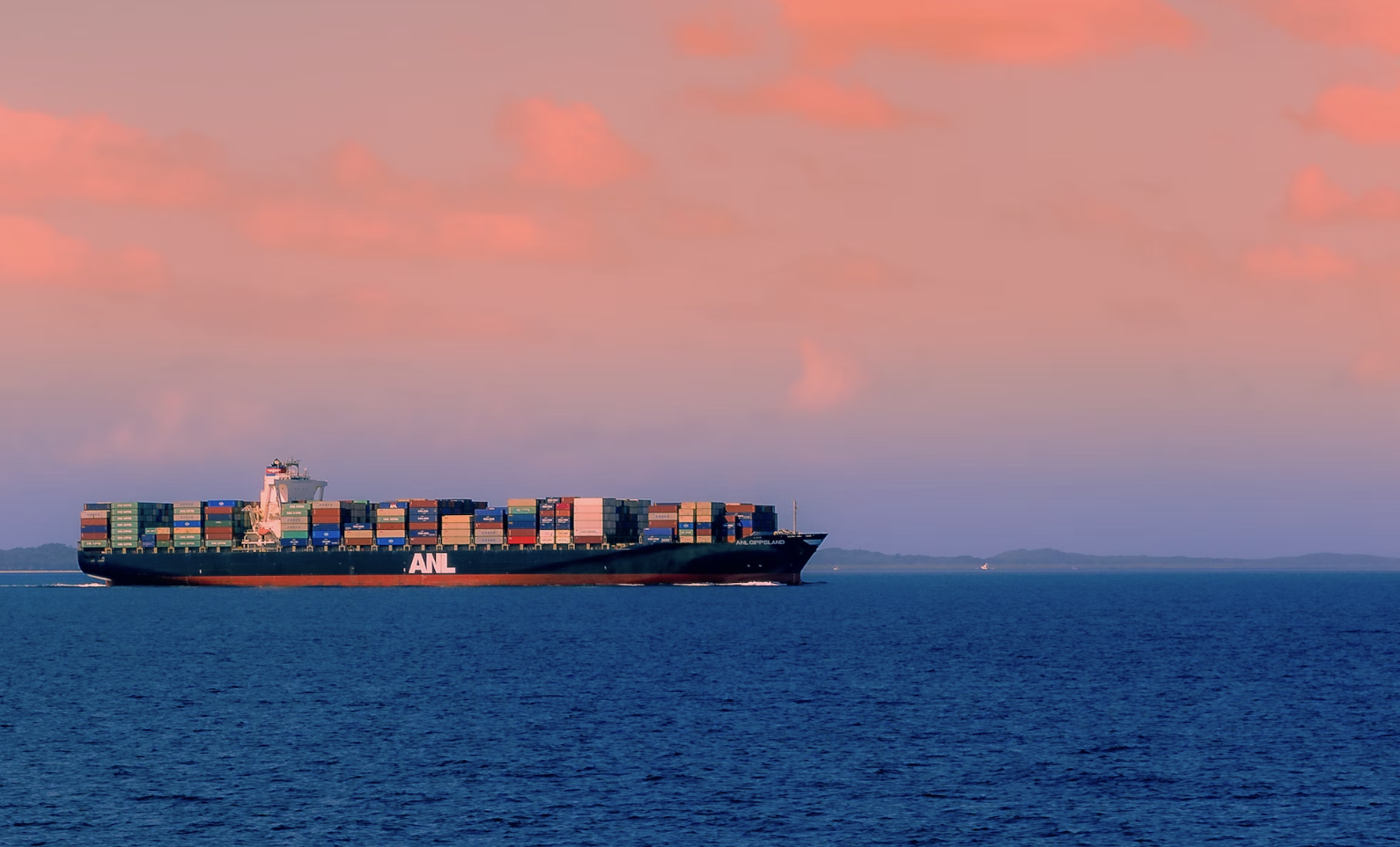Policy discussion brief: the role of businesses in climate adaptation

Introduction
The world has seen the impacts of climate change rapidly intensify in recent years as the climate system has become increasingly energized. This has been evidenced by more severe, frequent and unpredictable extreme weather events that are wreaking havoc on economies and communities all over the globe. In today’s economy, private enterprises of different sizes and sectors are more exposed to impacts of climate change that manifest far afield from their headquarters or main corporate operations. As a result, today’s global supply chain networks are less resilient and more vulnerable to disruptions from both climatic and non-climate risks.
This policy discussion brief looks at:
- Key considerations for business-led adaptation
- Opportunities for businesses around climate adaptation
- The role of governments and international agreements
- The role of the financial sector
The importance of business-led climate adaptation
The private sector has taken on a more active role in the global response to climate change over the last decade. A growing number of businesses have adopted net-zero pledges and science-based targets, in efforts to curb greenhouse gas emissions and global temperature increase in line with the Paris Agreement. While these mitigation actions are essential to safeguard a viable climate and ecosystems for future generations, businesses of different sizes and sectors will need to go beyond mitigation alone to address the consequences of climate change that can no longer be avoided.
The implementation of appropriate adaptation measures is therefore of paramount importance for businesses to safeguard businesses continuity. Climate-driven weather extremes can cause damage to physical assets that businesses either own themselves or rely on across their value chain, including real-estate, production equipment, transport and grid infrastructure. In the context of business enterprise, climate adaptation means embedding climate change considerations into the core business strategy by integrating climate risk across existing corporate structures, production processes, procurements, logistical infrastructure and broader industry practices. Such integration is key to ensuring that businesses can cope with the effects of a warming climate and the associated changes in market conditions, as well as other non-climate risks.
Businesses, however, need to be cognizant of the interplay between business assets, operations and logistical networks that underpin their corporate value chain, and the local communities and ecosystems in which they operate. The global supply chain networks of businesses often rely on workers and infrastructure in countries and regions that are more prone to severe and extreme weather events. In this context, misguided adaptation actions could inflict even greater harm on communities that are already vulnerable to climate change impacts by compromising livelihoods, exacerbating conflicts and causing supply chain disruptions.
Explore pages 3-5 to learn more about how businesses are starting to climate-proof their operations and value chains, and invest in adaptation solutions.
Opportunities for businesses around climate adaptation
Opportunities are also beginning to emerge for businesses to advance the development and deployment of adaptation solutions to strengthen the climate resilience of business and society at large. As governments and businesses become more aware of the global economy’s exposure to climate change, public and private sector organizations are certain to bolster investments into climate adaptation in the coming years, thus driving a greater demand for climate solutions. Businesses are well positioned to deliver innovative products and services that can help business communities around the world better manage their exposure to climate change. According to an estimate from Bank of America, the market for climate change adaptation solutions will double within the next five years to US$2 trillion. There are already a wide range of businesses providing cost-effective and essential solutions to enhance climate resilience, in areas such as weather forecasting, flood control, irrigation strategies, infrastructure design and refitting services.
Refer to page 6 to learn about bringing innovative solutions to the market.
On the barriers for business-led adaptation and the role of enabling environment
Despite the growing number of businesses that have begun to act on climate adaptation, current adaptation action does not come close to solving the problem. In addition, most businesses are currently failing to conduct risk assessments for physical climate risks and invest sufficiently in climate-proofing their assets and operations:
- Some businesses are reluctant to take proactive actions in this area, as they may see it as requiring new layers of corporate structure, strategy and measures over existing efforts in anticipation of regulatory and market changes from the net-zero transition.
- Other businesses might struggle as risk assessments for physical climate impacts, such as climate scenarios and macro-economic modelling, are riddled with uncertainties and suffer from the absence of clear metrics and evidence-based targets for adaptation, as well as less-developed business cases and financial models.
- Many businesses, however, simply lack sufficient understanding of climate risks and access to relevant information.
In light of these barriers, it is critical that public and private sector organizations work in tandem to create an enabling environment, leveraging both policies and economic incentives to help business-led climate adaptation properly take off. The role of governments and the financial markets will be critical to move the needle in this space:
- Governments around the world could work collectively to strengthen global resilience to climate-related disasters through various multilateral frameworks and policy levers, such as trade agreements and trade policies.
- Under the United Nations Framework Convention on Climate Change (UNFCCC), businesses and other non-state actors are encouraged to take initiative on both mitigation and adaptation, and to raise the ambition of their contributions to climate action.
- Financial institutions are beginning to play an important role in incentivizing and supporting adaptation in the private sector by shaping the information and risk disclosure landscape.
- The insurance industry also has the expertise, the capital and the motivation to facilitate climate adaptation efforts across the private sector.
Explore the roles of governments, international agreements and the financial sector in more detail on pages 7-8.
Key messages
- The role of businesses, and the private sector at large, in strengthening resilience and supporting global adaptation efforts is more important today than ever before, as the world faces more severe and frequent extreme weather events, at an enormous economic toll.
- In a global economy that is underpinned by international supply chain networks that often stretch into climate-vulnerable regions of the world, businesses need to properly assess the implications of physical climate change impacts for their corporate operations and value chains.
- Adaptation measures adopted by businesses need to embed justice and equity considerations to ensure that such corporate-led measures deliver broader climate resilience for the workers, communities and natural ecosystems that these businesses rely on across their value chains.
- Public and private sector investments have begun unlocking new and rapidly growing markets for innovative technologies and solutions for climate adaptation, which will prove critical to climate-proof our economy and wider society in the years ahead.
- Governments and private sector actors need to work together and create an enabling environment to further accelerate business-led climate adaptation, through the use of policies, international agreements and economic incentives.
- Multilateral adaptation finance for systemic resilience: addressing transboundary climate risk
- The European Climate Risk & Trade Policy Programme
- Just transition for climate adaptation: A business brief
- A Just Transition for Climate Change Adaptation: Towards Just Resilience and Security in a Globalising World

Comments
There is no contentYou must be logged in to reply.